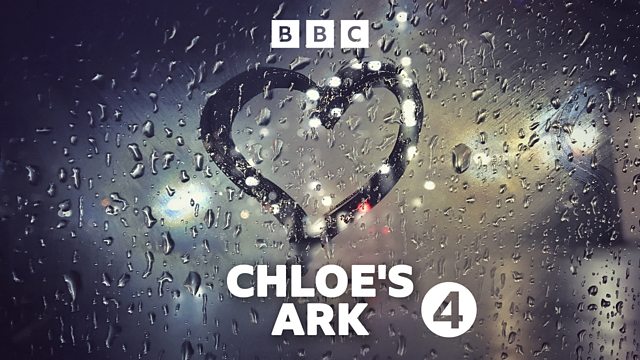Over 10 years of inspiring award-winning radio dramas
This month has seen two striking new audio dramas air on BBC Radio 4 in the UK. The result of collaborations between scientists, drama writers and producers – they are the latest in a long line of incredible radio dramas conceived through a groundbreaking workshop series – OKRE’s ‘Experimental Stories’.
This annual collaborative scheme brings together scientists, experts and researchers with radio drama writers and producers to inspire each other and generate compelling ideas for storytelling inspired by science.
Supported by charitable foundation Wellcome, the initiative has been running for over a decade and has produced many award-winning dramas that have engaged audiences with academic research across a wide range of disciplines. In this latest edition, researchers brought insights from their work into how climate change affects health.
The first two dramas resulting from this workshop are ‘The Mosquito’ and ‘Chloe’s Ark’, which first broadcast on 12th November and 22nd November – you can listen to them here:


